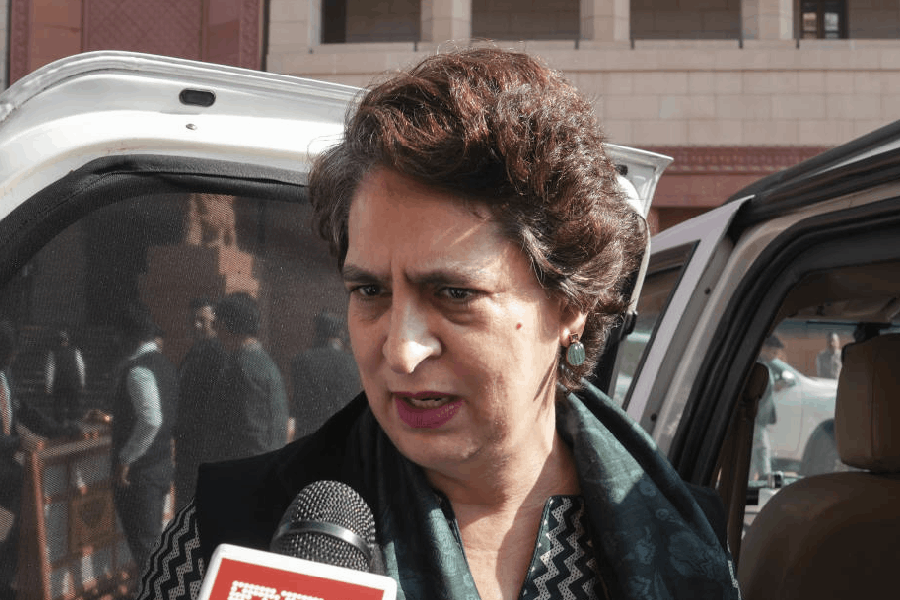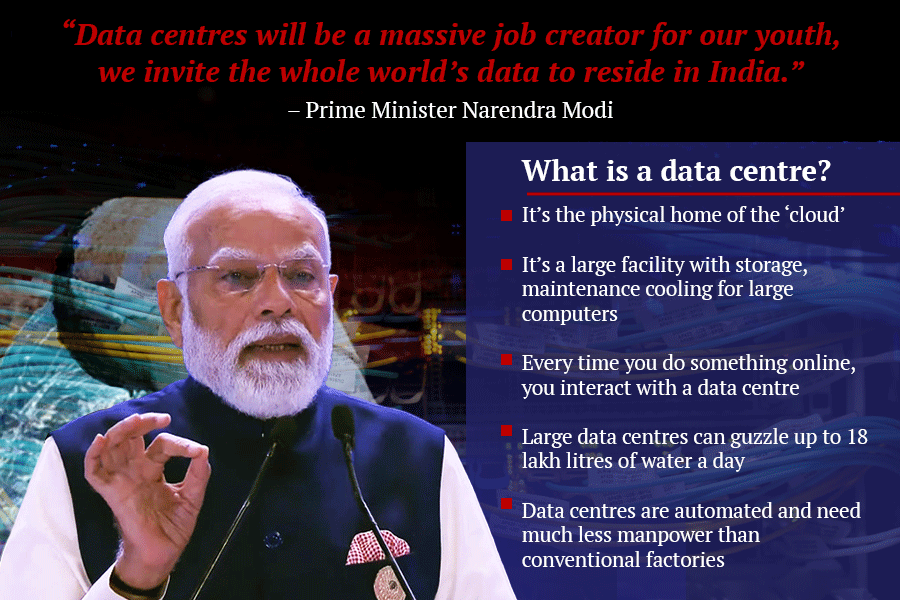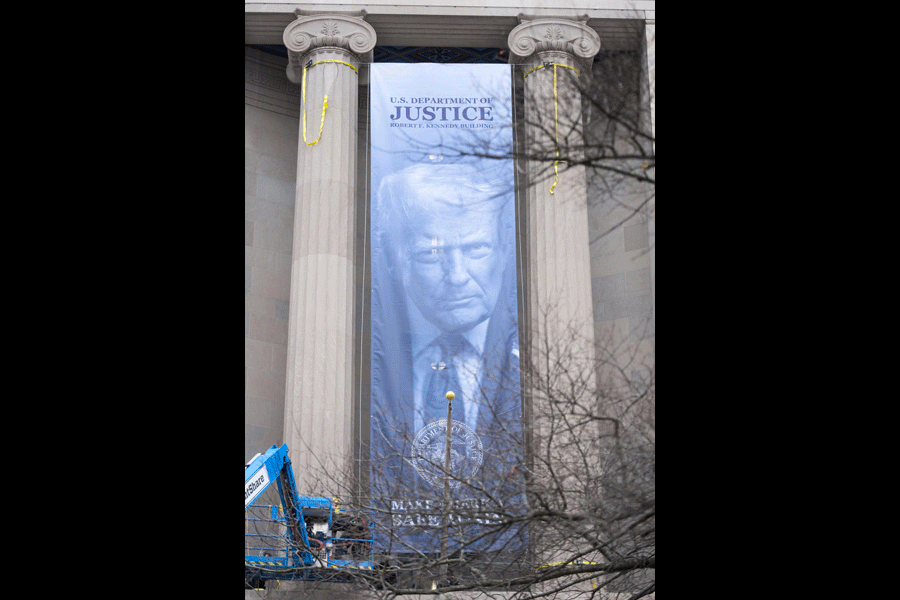A team of Indian negotiators will hold a three-day talk with US trade representatives in Washington from April 23 to finalise terms of reference for the proposed bilateral trade agreement as the Modi government steps on the gas to make most of the 90-day pause on ‘reciprocal tariff’ announced by US President Donald Trump.
Rajesh Agarwal, who is now the additional secretary in the department of commerce and set to assume the role of commerce secretary from October 1, will lead the Indian side.
On the agenda will be subjects covering around 19 chapters such as tariffs, non-tariff barriers, and customs facilitation, official sources said.
“Both sides will discuss the level of ambition. The terms of references (ToRs) will be further developed and discussed. What will be the pathway for talks? The ToRs will include issues like tariffs, non-tariff barriers, rules of origin, goods, services, custom facilitation and regulatory issues,” the official said, adding general contours of the pact will be discussed, besides scheduling.
The three-day deliberations assume significance, as a senior government official had recently stated that an interim trade agreement between the two countries could be finalised in the 90-day tariff pause announced by the Trump administration if it is a “win-win” for both sides.
In international trade parlance, the “level of ambition” refers to the extent to which two countries are willing to commit to specific trade liberalisation measures.
The visit also follows senior official-level talks held between the two countries last month here. Brendan Lynch, the assistant US trade representative for South and Central Asia, was in India from March 25 to 29 for discussions with Indian counterparts.
On April 15, commerce secretary Sunil Barthwal had stated that India will try to close the negotiations as quickly as possible withthe US.
While the US is looking at duty concessions in sectors like certain industrial goods, automobiles (electric vehicles particularly), wines, petrochemical products, dairy, and agriculture items such as apples, tree nuts, and alfalfa hay; India may look at duty cuts for labour-intensive sectors like apparels, textiles, gems and jewellery, leather, plastics, chemicals, oil seeds, shrimp, and horticulture products.










